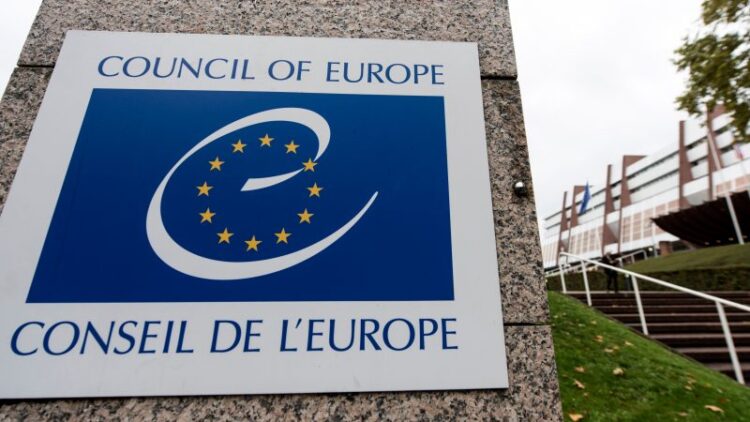By Tony O’Riley-
The UK government has been formally warned for threatening press freedom after a group of investigative journalists were blacklisted and denied them access to information.
The Council of Europe issued the Level 2 “media freedom alert” after Ministry of Defence press officers refused to deal with Declassified UK- a website focusing on foreign and defence policy stories.
The rebuke by the Council is timely, after prime minister Boris Johnson and his ministers condemned environmental activists as a threat to press freedom for blockading printing plants in protest at newspapers’ climate coverage. Britain has been a founding member of the Council of Europe since its inception in 1949 under the Treaty of London. The organisation monitors human rights, democracy and the rule of law in Europe and is responsible for overseeing the European Convention of Human Rights.
The Council Of Europe’s media freedom alert system issued by the organisation last Friday, was classified by the watchdog as an “act having a chilling effect on media freedom” and put under the “state” category – because the British state was the source of the threat.
The International Press Institute (IPI) wrote to the Ministry of Defence on Friday urging the government to rethink its crackdown , adding that the move was taken because of the outlet’s critical editor line.IPI’s Deputy Director, Scott Griffen said:
“IPI is concerned this sudden decision to exclude Declassified UK from a MoD comment, and the subsequent lack of communication on the matter, appears to have been taken in retaliation for its previous critical reporting and editorial stance on the UK armed forces.
“It goes without saying that the exclusion of a media publication by a government ministry due to its investigative reporting would undermine press freedom and set a worrying precedent for other journalists whose job it is to report in the public interest on the British military. Criticism should be no reason to discriminate against a media publication.
“In contrast, tough journalism by outlets such as Declassified UK on matters such as the UK’s foreign and military affairs, uncomfortable though it often may be for those in power, is crucial for a transparent and functioning democracy.”
Yemen War
The Council of Europe’s media freedom alert said the journalist at Declassified UK was denied a response to a question about the war in Yemen after being asked “What sort of angle have you taken on the war in Yemen?” The journalist was later told by a press officer at the department that “we no longer deal with your publication”. The arrogant position goes against the grain of press freedom.
Prime minister Mr Johnson’s defence of press freedom in reaction to the reckless acts of Extinction rebellion came hours after the alert from The Council Of Europe’s alert on Friday. Mr. Johnson said: “A free press is vital in holding the government and other powerful institutions to account on issues critical for the future of our country, including the fight against climate change. It is completely unacceptable to seek to limit the public’s access to news in this way.”
The last time the UK was issued with a state-focused media freedom alert was in May this year, when an Open Democracy journalists was banned from asking questions as the UK government’s daily coronavirus press conference.
The government was also criticised in February after Downing Street excluded some outlets, including The Independent, from technical briefing, with an official telling excluded journalist: “We are welcome to brief whoever we want whenever we want.




